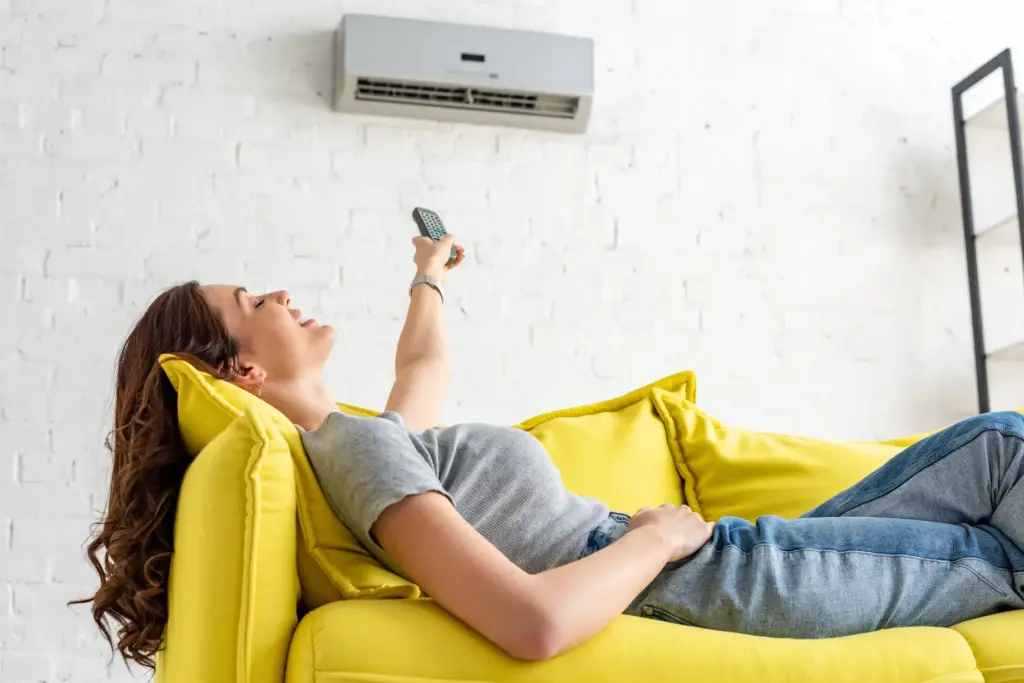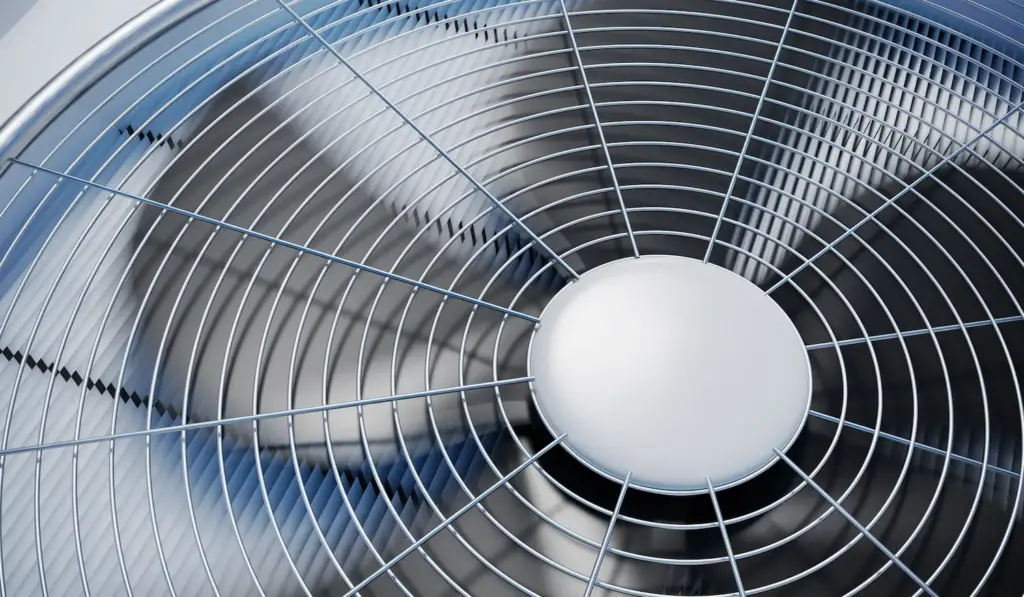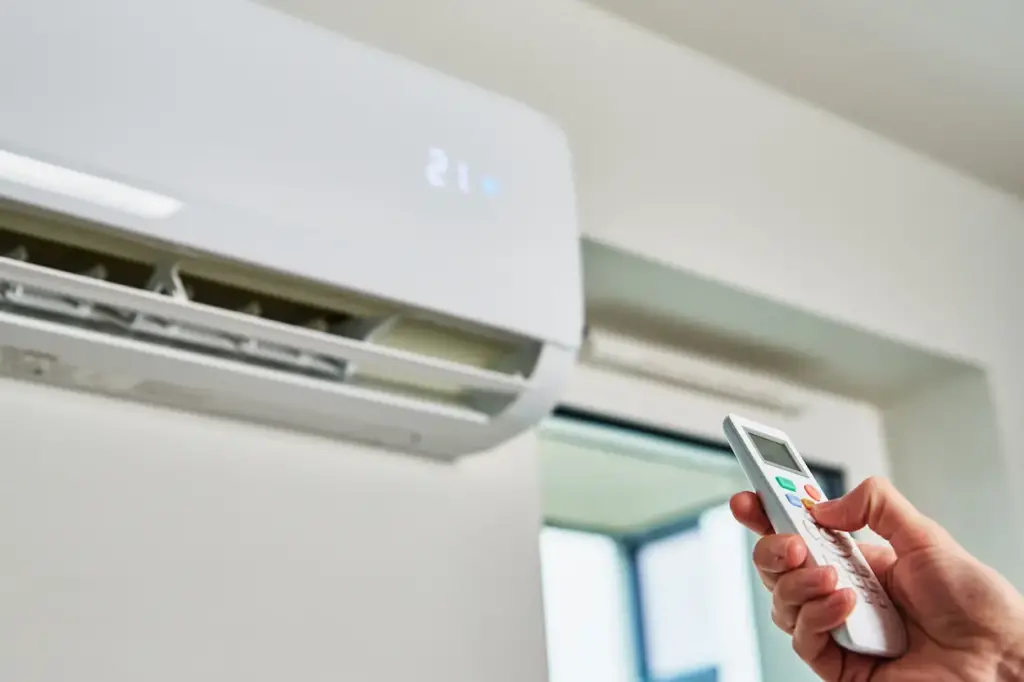How Many Watts Does an Air Conditioner Use?
Air conditioners have become an integral part of our lives, particularly in the hot summer months. They provide a lot of comfort, as they help to keep our homes in pleasant conditions so that they can serve as an oasis from the overwhelming, intolerable heat. However, sometimes homeowners ask themselves: “How many watts does an AC use?”.
It is not just because of curiosity – most importantly, it is because of electricity bill concerns. We all love the chill, but nobody likes to be surprised with a huge cost to cover! So, how much power does AC use? Let’s find the answer!

The Basics of Air Conditioner Power Consumption
Power consumption is a measure allowing us to establish the amount of electrical energy a device uses while operating. The primary unit used in these calculations is the “Watt” (W). How many watts an appliance uses usually depends on its complexity.
A simple light bulb can consume around 60 watts of power when you turn it on. Air conditioners are much more complex, and they usually use power ranging from a few hundred to several thousand watts – the exact usage can vary depending on what type of AC you own and how much capacity it has.
When we wonder, “How much power does AC use?” we are basically asking about the AC wattage during operation. A light bulb’s power use stays at the same level all the time, but an air conditioner’s electricity consumption can vary based on many different factors, such as the settings, size, and surrounding conditions.
What’s more, it is important to keep in mind that there is a difference between an air conditioner’s starting and running wattage. The first one is usually higher because it is the initial power surge the device needs to start operating. On the other hand, the running wattage is the power the unit uses while it is normally operating, and it consumes less electricity.
Essentially, understanding the AC wattage and the factors that affect it is crucial to optimizing its use and controlling its impact on our utility bills and our planet.

Different Types of Air Conditioners and Their Power Usage
Air conditioning systems have been changing throughout the years so that they can fit various needs, interiors, and preferences. With those modifications in design and intended application, along came the changes in their power consumption.
Here are some of the most popular types of AC and their usual power consumption patterns:
Window Air Conditioners
AC systems can take up quite a lot of space, so the producers also came up with a more compact design that can fit in windows or through-wall spaces. Such a model normally consumes 500 to 1,500 watts, depending on the size and cooling capacity. You can use them for single rooms or other small spaces – they are often the number one choice for apartments or old houses.
Split Air Conditioners
Split air conditioners, also referred to as ductless or mini-split systems, are built from two basic elements – an indoor air-handling unit and an outdoor compressor (or condenser). The power consumption, in this case, typically ranges from 2,000 to 3,000 watts for standard residential models. The split systems allow for a lot of flexibility, as they make it possible to target cooling in chosen areas or rooms, so they are amazingly popular.
Central Air Conditioning Systems
These air conditioners have been created for cooling entire homes or other buildings. They have a centralized system, and their power consumption can vary to a large extent. In the case of smaller buildings, it can be around 2,000 watts, but when it comes to expansive spaces, it can reach even 5,000 or more. Central air conditioning systems work well for vast areas, but with such a capacity comes higher electricity usage.
Portable Air Conditioners
Portable air conditioners are standalone devices that you can take from one place to another, changing the area of cooling in accordance with your needs. Depending on a given model and its capacity, they can use 800 to 2,000 watts. They are very convenient to use, but you should take into consideration that they may not be as energy-efficient as fixed appliances if you need cooling for a longer time.
Factors Affecting AC Wattage
The AC system’s type and design are the most important factors that determine its power consumption, but there are also a few other operational and external factors that can significantly affect AC wattage. It is crucial to understand them in order to be aware of variations in energy consumption and make the best choices.
Size and Capacity
The capacity of an air conditioner is typically measured in British Thermal Units (BTUs) or tons, and it directly correlates with its energy use. Bigger units that have been designed with expansive spaces in mind require more power than smaller models destined for cooling single rooms.
Nevertheless, you should always carefully select a properly sized air conditioning system because an undersized device can run continuously, attempting to keep the desired temperature and, as a result, consume more electricity.
Thermostat Settings
If you set the thermostat to very low temperatures, it will make the air conditioner work harder and use more energy. Even just a few degrees can make quite a difference in power consumption – for instance, setting the AC at 72°F (22°C) instead of 64°F (18°C) can result in noticeable energy savings.
Outdoor Temperature
When the difference between the temperature outside and the desired indoor temperature is big, the AC system has more work to do. For this reason, on the hottest days, the AC will have to work harder, and that leads to higher power use.
Age and Maintenance
In the case of older and badly-maintained air conditioners, the efficiency may be lower, and it can be harder for the device to keep the desired temperature, so it uses more power to achieve that aim. If you want to improve your system’s efficiency, always remember to clean it regularly, replace the filters, and address any noticeable problems as soon as possible.
Efficiency Rating
Nowadays, AC systems are often released with efficiency ratings, such as SEER (Seasonal Energy Efficiency Ratio) in the USA. The higher the SEER value, the better the energy efficiency of an appliance. Keep in mind that even if the systems with higher SEER ratings can be more expensive, they can lead to lower energy use, so they can turn out to be a more money-saving solution in the long run.
How Many Watts is an Air Conditioner? The Best Ways to Check It
It can be helpful to know your AC wattage as it will ensure compatibility with particular power sources and optimize electricity costs. You can determine it in one of the following ways:
- Check the label or product specifications: The easiest way to find out the AC wattage is to just look for this information on the energy label or in the unit’s manual. Producers typically openly mention it under “Electrical Specifications” or “Power Rating.”
- Use a wattage meter: If you’d like to measure the AC wattage in real-time, you can use a wattage meter or an energy monitor. The device will show the precise wattage being drawn by the air conditioner, providing insights into its power use patterns over time.
- Calculate using voltage and amperage: If you only have access to the voltage (V) and amperage (A) data, you can calculate the AC wattage with this formula:
Wattage (W)=Voltage (V)×Amperage (A).
Additional note: Keep in mind that the AC wattage can vary depending on such factors as starting wattage vs running wattage or switching the operational modes (cooling vs fan-only).

How Many Watts Does an AC Unit Use – The Bottom Line
AC systems undeniably make our lives easier and help us to survive unbearable heat. However, they need electricity to obtain and maintain the desired temperature which can significantly affect our utility bills and our environment.
There is no one simple answer to the question “How many watts is an air conditioner?” because it depends on many factors, such as the unit’s size, capacity, settings, or the surrounding conditions.
It is crucial to choose the correct AC system for a particular purpose because the lowest wattage does not necessarily mean more savings. Namely, if the unit is not strong enough to keep the desired temperature in a given space, it will work very hard to achieve it, consuming more energy and increasing your bills.
We know that selecting the best AC system for your home or another building can be difficult, but we are here to assist you with that. We will carefully analyze your needs and conditions and tell you which devices would work best in your case. Then, we will install it in a chosen spot and adjust the settings accordingly. Contact us for professional help with your HVAC systems!
